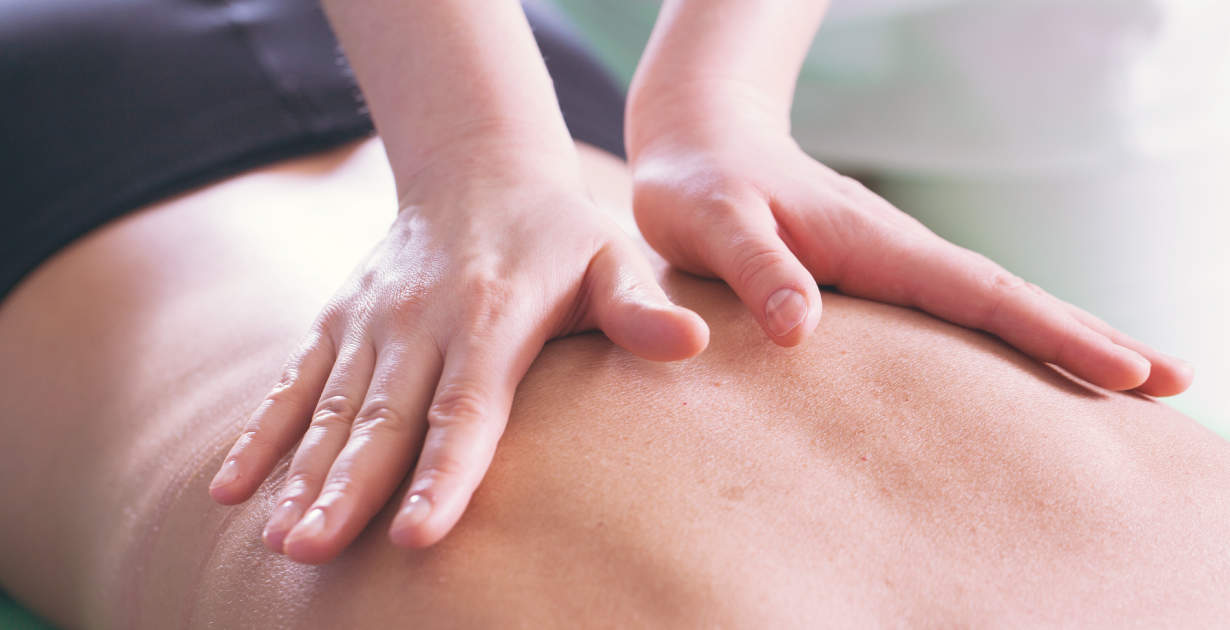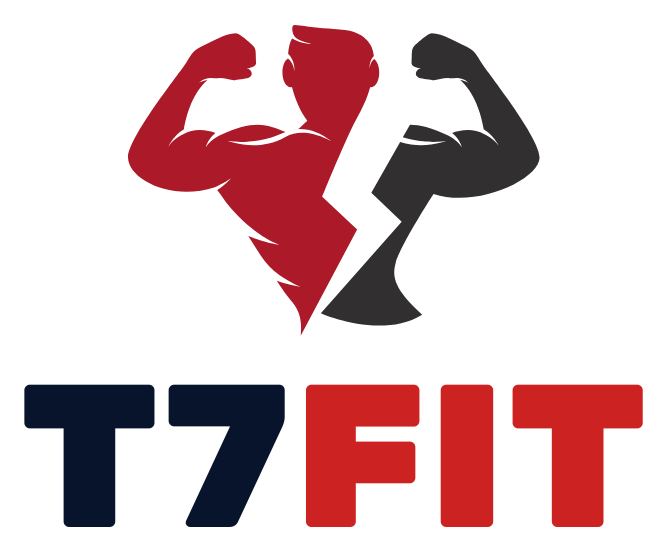Have you ever wondered if taking a muscle relaxer before your massage could make the experience better? Maybe you’re dealing with tight muscles or lingering pain, and the idea of combining medication with massage sounds like a smart way to get relief faster.
But is it really safe? Could it affect how your body responds to the massage? You’ll discover the facts you need to know before mixing muscle relaxers with your massage session. Keep reading to find out how to get the most from your massage while keeping your health a top priority.

Muscle Relaxers And Their Effects
Muscle relaxers are medicines that help reduce muscle tightness and pain. People often use them for muscle spasms or injuries. Understanding how these medicines work can help decide if taking one before a massage is safe.
These drugs affect muscles and the nervous system. They can make muscles less stiff and help the body relax. Knowing their effects helps you prepare for a massage session.
Common Types Of Muscle Relaxers
Some common muscle relaxers include cyclobenzaprine, methocarbamol, and carisoprodol. Doctors prescribe these for short-term muscle relief. Each type works slightly differently but aims to reduce muscle tension.
How Muscle Relaxers Work
Muscle relaxers act on the central nervous system. They block nerve signals that cause muscles to contract. This action helps muscles loosen and reduces pain. The body feels less tight and more relaxed.
Potential Side Effects
Muscle relaxers can cause drowsiness, dizziness, and dry mouth. Some people may feel weak or have trouble concentrating. These side effects might affect how you respond to a massage. Always consider these before taking a relaxer.

Massage Therapy Basics
Massage therapy helps relax the muscles and ease tension. It uses hands and special techniques to work on the body. People use massage to reduce pain and feel better. Understanding basic massage therapy can help you decide if it suits your needs.
Massage can target different parts of the body. It improves blood flow and reduces muscle stiffness. Many types of massage exist, each with a unique way of helping muscles and joints. Knowing these types helps choose the right one for muscle relief.
Types Of Massage Techniques
Swedish massage is gentle and uses long strokes. It helps with relaxation and light muscle tension. Deep tissue massage goes deeper into muscles. It targets knots and tight areas to reduce pain. Sports massage focuses on muscles used in exercise. It helps prevent injuries and improves recovery. Trigger point massage works on tight spots causing pain in other areas. Each type fits different needs and muscle problems.
Benefits Of Massage For Muscle Relief
Massage lowers muscle tension and improves flexibility. It increases blood flow to muscles, helping healing. Massage also reduces stress and promotes relaxation. This can reduce muscle pain and stiffness. It helps clear toxins from muscles. Regular massage can improve muscle function and reduce injury risk. It supports faster recovery after exercise or injury.
Combining Muscle Relaxers With Massage
Combining muscle relaxers with massage can seem helpful for easing muscle pain. Many people wonder if taking a muscle relaxer before a massage makes the treatment better. Both methods aim to reduce muscle tension and improve comfort. Yet, using them together needs care and understanding. Knowing how they interact helps keep you safe and get the best results.
Safety Considerations
Muscle relaxers affect your central nervous system. This can cause drowsiness or dizziness. Massage increases blood flow and relaxes muscles. Together, they may amplify these effects. Speak with your doctor before combining them. Always inform your massage therapist about any medication you take. Avoid driving or operating machines after treatment.
Possible Interactions
Muscle relaxers and massage both lower muscle tension. Using both might cause your muscles to relax too much. This can lead to weakness or injury. Some muscle relaxers interact with other medicines. These interactions may change how your body reacts to massage. Monitoring your body’s response during treatment is important. Stop the massage if you feel unusual discomfort.
Timing And Dosage Factors
Timing your muscle relaxer dose matters. Taking the medicine too close to a massage might increase side effects. Give your body time to adjust before the session. Follow your doctor’s advice on dosage and timing. Lower doses may reduce risks during massage. Plan your massage session around your medication schedule. This ensures safety and comfort during treatment.
Expert Recommendations
Experts suggest careful steps when combining muscle relaxers with massage therapy. Understanding their advice helps you stay safe and get the best results.
Muscle relaxers affect your body’s muscles and nerves. This can change how massage feels or works. Follow expert advice to avoid problems.
Consulting Healthcare Providers
Always talk to your doctor before taking muscle relaxers before massage. They know your health history and can guide you well. Doctors can tell if the medicine might cause side effects during massage. They help decide the right timing between medication and massage sessions.
Guidelines For Massage Therapists
Massage therapists need to know about your muscle relaxer use. This helps them adjust pressure and techniques safely. Therapists watch for signs of dizziness or weakness during massage. They may shorten the session or avoid deep tissue work to protect you.
When To Avoid Massage After Medication
Avoid massage if muscle relaxers cause drowsiness or numbness. These effects raise risk of injury during massage. Wait until the medicine wears off or your doctor approves. Do not massage over inflamed or injured areas that muscle relaxers hide.
Alternatives To Medication Before Massage
Many people wonder about ways to relax muscles before a massage without using medicine. There are several natural methods to ease muscle tension. These alternatives help the body prepare gently for massage therapy. Using natural methods can also reduce side effects linked to medication.
Natural Muscle Relaxation Methods
Warm baths help muscles loosen and reduce stiffness. Try soaking in warm water for 15 to 20 minutes. Gentle stretching can improve blood flow and flexibility. Simple stretches before a massage can ease tight muscles. Deep breathing exercises lower stress and relax the body. Focus on slow, deep breaths to calm the mind and muscles.
Pre-massage Preparation Tips
Drink plenty of water before your session. Hydration helps flush toxins and keeps muscles soft. Avoid heavy meals before massage to prevent discomfort. Wear loose, comfortable clothing for easy access. Arrive early to relax and reduce tension. Sharing any pain or discomfort with your therapist ensures a better experience.

Frequently Asked Questions
Can You Take Muscle Relaxers Before A Massage?
Yes, you can take muscle relaxers before a massage. However, consult your doctor first. Muscle relaxers may enhance relaxation but can also cause drowsiness or dizziness during the massage.
How Do Muscle Relaxers Affect Massage Therapy?
Muscle relaxers help loosen tight muscles, making massage more effective. They reduce muscle spasms and pain, allowing deeper pressure. However, they might also increase sensitivity or reduce muscle feedback during the session.
Is It Safe To Combine Muscle Relaxers With Massage?
Combining muscle relaxers and massage is generally safe if approved by a healthcare provider. Monitoring for side effects like dizziness or excessive relaxation is important. Always inform your massage therapist about any medication.
Should You Inform Your Massage Therapist About Muscle Relaxers?
Yes, informing your massage therapist about muscle relaxers is crucial. It helps them adjust pressure and techniques for your safety and comfort. Transparency ensures a more effective and safe massage experience.
Conclusion
Taking a muscle relaxer before a massage can affect your body’s response. Talk to your doctor or massage therapist first. They can guide you on safety and timing. Some relaxers may make you feel drowsy or dizzy. Your therapist needs to know about any medication you take.
This helps them adjust pressure and techniques. Always listen to your body during the massage. Rest and hydrate well after the session. Careful planning ensures a safe and pleasant experience.

